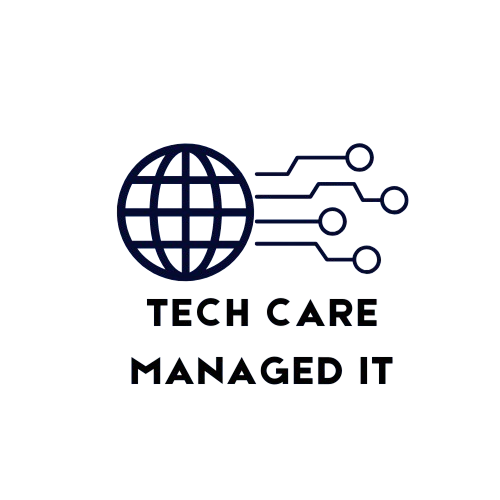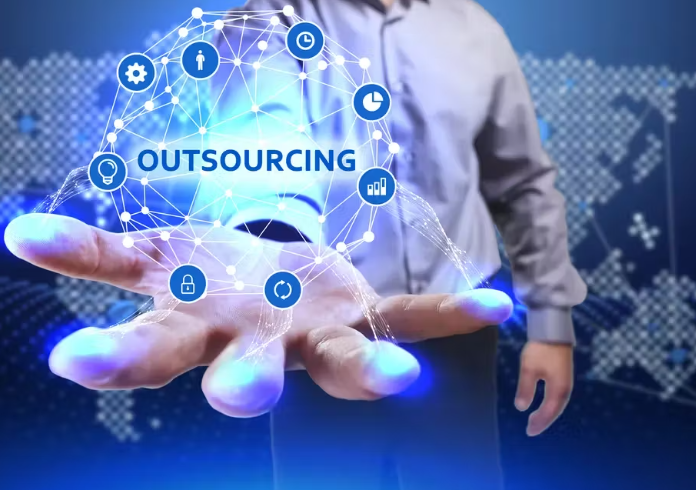The Rising Importance of High Ticket Sales Closing
High ticket sales closing has become one of the most crucial skills in today’s competitive marketplace. Unlike lower-cost products or services, premium offers require a deeper level of understanding, communication, and trust. Buyers of high-value items are not just investing in a product — they are investing in outcomes, transformation, or prestige. This makes the decision-making process highly emotional yet grounded in perceived value. Companies and entrepreneurs who specialize in premium services, from coaching programs to luxury products, must develop a refined approach that aligns with these expectations. Mastering this skill not only improves revenue but also builds stronger client relationships. As markets become saturated with low-cost offers, the ability to close premium deals becomes a true differentiator for long-term success.
Core Principles of High Ticket Sales Closing
Every high ticket sales closer must begin with a foundation of trust. Clients who are about to make significant investments want to feel that they are working with someone credible and reliable. Positioning yourself as an authority is essential, whether through expertise, proven results, or industry knowledge. Buyers must see you as more than a salesperson; they must see you as a problem solver capable of delivering premium results. Creating strong value perception is equally important because high-ticket offers must justify their higher cost. This often comes from showcasing unique benefits, exclusivity, or transformative outcomes. Recognizing buying signals, such as interest in long-term results or detailed questions about implementation, allows closers to step in at the right time. Without these principles, it is nearly impossible to move someone from interest to purchase in the high-value space.
Essential Skills Every High Ticket Closer Must Develop
The craft of high ticket sales closing requires more than charisma or persuasion. It starts with advanced listening skills that allow you to uncover hidden objections clients may not voice directly. When prospects feel heard, they are far more likely to engage in an honest conversation about their concerns. Persuasive storytelling is another vital skill, as it helps potential clients visualize themselves benefiting from your product or service. Negotiation becomes crucial, not as a battle but as a collaborative process where both sides feel they are winning. Confidence, combined with emotional intelligence, reassures clients that they are making the right decision. These skills, practiced consistently, set apart successful high ticket closers from those who struggle. It is a blend of art and science, refined through both training and experience.
Proven Strategies for High Ticket Sales Closing
Successful high ticket sales closing relies on structured conversations designed to guide clients naturally toward a decision. One proven strategy is to frame your offer around results instead of features, as premium clients care more about the transformation than the technical details. Highlighting exclusivity and long-term benefits makes the offer more appealing. Objection handling also plays a key role; instead of dismissing concerns, skilled closers acknowledge and reframe them. For example, a price objection can be shifted into a discussion about value and return on investment. Social proof, such as testimonials, industry recognition, or third-party credibility, builds trust rapidly in the decision-making stage. Another effective technique is aligning the client’s vision with your solution, creating an emotional connection. When applied consistently, these strategies elevate your chances of closing premium deals.
The Role of Relationship Building in High Ticket Sales Closing
High ticket sales closing is more about relationships than transactions. Buyers of premium products and services are less likely to respond to aggressive selling and more likely to respond to authentic connections. Building long-term trust with affluent or executive clients means focusing on genuine conversations rather than scripted pitches. Relationship building involves personalized communication that demonstrates you understand the client’s unique goals. Following up strategically, without being pushy, reinforces your commitment to their success. Over time, these relationships often lead to repeat purchases and referrals, creating a cycle of growth. Relationship-driven closing ensures that clients feel valued before, during, and after the sale. It is a process that transforms closing from a one-time event into an ongoing partnership.
Common Mistakes to Avoid in High Ticket Sales Closing
Even the most skilled sales professionals sometimes fall into traps that prevent them from closing premium deals. One common mistake is overselling features instead of focusing on outcomes. High-value clients want to know how their life, business, or status will improve, not just what the product does. Another mistake is mismanaging silence during negotiations; experienced closers understand that silence often creates space for the client to process, not pressure. Ignoring emotional triggers is another pitfall, as premium purchases are often driven by feelings of achievement, confidence, or exclusivity. Some closers also fail to qualify leads properly, wasting time on prospects who cannot or will not invest at a high level. These errors not only reduce closing rates but also damage credibility. Avoiding these mistakes ensures smoother conversations and better results.
Tools and Techniques That Elevate High Ticket Sales Closing
Modern technology can give closers an edge when used strategically. Customer Relationship Management (CRM) tools help track conversations, preferences, and follow-ups, ensuring no detail is missed. Automation tools can streamline reminders or scheduling, freeing up time for meaningful client interaction. Data-driven insights reveal patterns in buying behavior, which can inform better sales conversations. Scripts and frameworks, when adapted rather than rigidly followed, provide structure and confidence. High ticket closing today often happens over phone calls, video conferencing, and in-person meetings, making adaptability across channels a must. Techniques such as framing offers, asking the right discovery questions, and anchoring value all play into a closer’s toolkit. Combining technology with human skill elevates performance and ensures consistency in results.
Practical Action Steps to Boost High Ticket Sales Closing Success
Consistency is key when developing mastery in high ticket sales closing. Daily habits, such as role-playing conversations or reviewing past sales calls, help sharpen skills. Creating a repeatable system ensures that every sales conversation follows a proven process without feeling scripted. One effective step is setting clear goals for each interaction, whether it’s building trust, handling objections, or presenting the offer. Scaling efforts without losing personalization requires using technology intelligently while maintaining a human touch. Continuous learning, through courses, mentorship, or industry updates, keeps closers ahead of trends. Adapting to evolving buyer behavior, such as the shift to digital conversations, ensures relevance in today’s market. By applying these action steps, closers build momentum and steadily improve results.
FAQ Section
What makes high ticket sales closing different from regular sales closing?
High ticket sales closing involves premium products or services where trust, authority, and relationship-building are essential. Unlike regular sales, the focus is on value, outcomes, and transformation rather than features.
How do I handle price objections for premium offers?
Addressing price objections requires reframing the conversation around value, return on investment, and long-term benefits. Clients need to see that the cost aligns with the results they desire.
Can beginners succeed in high ticket sales closing?
Yes, beginners can succeed by focusing on learning core principles, practicing essential skills, and applying structured strategies. Mentorship and consistent practice accelerate the process.
What industries benefit the most from high ticket sales strategies?
Industries such as consulting, coaching, luxury goods, real estate, and specialized services often benefit the most. These sectors rely heavily on building strong client relationships.
How long does it typically take to close a high ticket client?
The timeline varies, but it usually takes longer than closing a low-cost sale. Clients may need multiple interactions to build trust and justify the investment.









